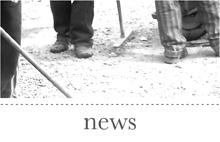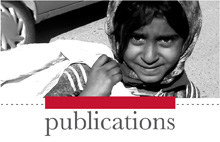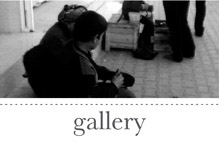This FRIDE seminar brought together experts working on gender and governance issues to explore how women’s experience of citizenship in fragile states is affected by state-building processes and identify how such processes can be opportunities to strengthen women’s citizenship. The seminar was part of a two-year FRIDE research project that examines policy options for strengthening women’s citizenship in the context of state-building.
There is currently great interest in how best to support state-building processes that result in the development of states that are accountable and responsive to their populations. Yet within this debate there has been little analysis of how state-building processes impact women and men in different ways, or can be used to strengthen the state’s accountability and responsiveness to women. In many fragile state contexts women’s relationship to the state is fundamentally different to that of men and they face specific barriers in claiming rights, participating in governance and holding the state to account – in effect, in acting as full citizens. However, the intensive state-building processes that follow conflict can transform political relationships and state structures, and therefore have the potential to profoundly alter the nature of women’s citizenship.
Drawing together existing debates on state-building and on women’s citizenship, this seminar explored women’s experience of state-building in different countries and asked how state-building processes can be used to strengthen women’s rights, political participation and relationship to the state, and how the international community can promote women’s citizenship within its support for state-building.
FRIDE is a think tank based in Madrid that aims to provide the best and most innovative thinking on Europe’s role in the international arena. It strives to break new ground in its core research interests of peace and security, human rights, democracy promotion, and development and humanitarian aid, and mould debate in governmental and non-governmental bodies through rigorous analysis, rooted in the values of justice, equality and democracy.
Read the REPORT IN FULL:












